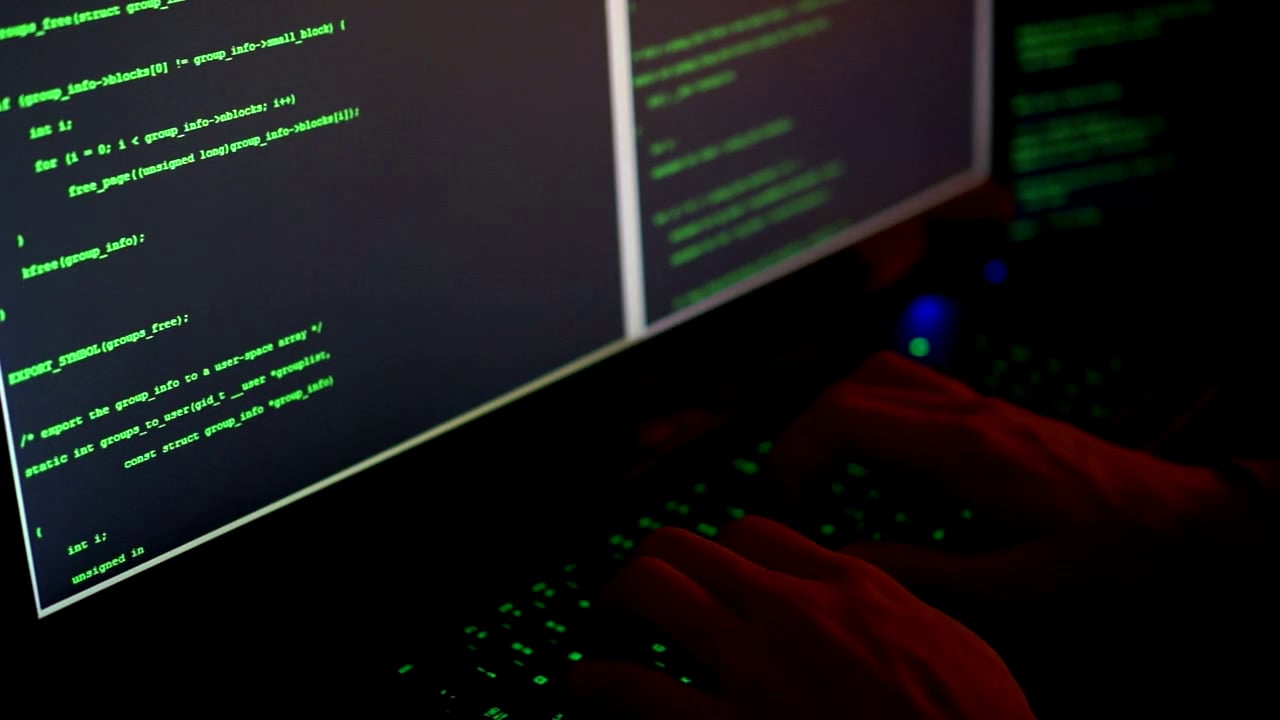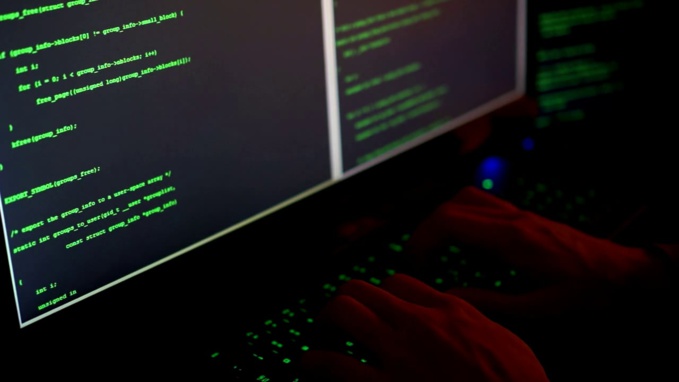"At present we live in a world of globalization, we are observing the results of the technological revolution and, on the one hand, we have taken advantage of it," he stressed. On the other hand, "there are global changes in terms of committing crimes, including terrorist intentions."
Mr. Hongwei also said "that in the future there will be an increase in threats that arise as high technologies, social platforms, etc. develop further." In this regard, all countries need to join forces in the face of new threats, because "no state alone can cope with this".
Previously, Kaspersky Lab published results of a survey of more than 350 representatives of industrial organizations around the world. It turned out that, every second industrial company in the world experienced from one to five cyber incidents over the past 12 months. The attacks affected critical infrastructures or automated process control systems (APCS) in these enterprises. To eliminate the consequences of these incidents that occurred during the year, each company spent an average of $ 497 thousand.
The poll also showed that the cyber threats were not a surprise for industrial enterprises: three-quarters of companies are likely to suffer from cyber attacks. Moreover, 83% of respondents consider themselves well prepared for the fact that an incident can occur in their industrial infrastructures.
The companies are mostly afraid of infection with malicious software. And the reality shows that their fears are not in vain: 53% of the enterprises affected by incidents have confirmed cases of collision with various malicious programs. In addition, about a third of companies (36%) suffered targeted attacks. Thus, malicious programs and well-planned targeted operations have become the dominant threats to industrial and critical infrastructures.
At the same time, the study showed that companies often underestimate internal threats, fearing risks from outside. Thus, 44% of organizations believe that their cyber security is highly likely to be threatened by any third parties, such as suppliers. Other 33% reckon that extortion programs represent the greatest danger for them. However, a cyber threat in industrial networks often occurs due to mistakes and unintentional actions of personnel - almost a third (29%) of companies were threatened by this factor.
One of the most high-profile cyber attacks happened last week. Ransomware Petya blocks computers and requires 300 dollars in bitcoins. According to ESET, the attack started off in Ukraine, from where leapt to other countries. A list of countries affected by the virus shows that Italy is in second place after Ukraine, and Israel occupies the third. The top ten also includes Serbia, Hungary, Romania, Poland, Argentina, Czech Republic and Germany.
Large companies also suffered from the virus. In Spain, hackers attacked servers of the international companies Mondelēz International (manufacturer of food and instant drinks), DLA Piper (international law firm) and Saint-Gobain (French producer of building materials). The National Center for Cryptology at the National Center for Intelligence of Spain stated that the virus is a variation of Petya ransomware, and that "several international companies with offices in Spain" have already become its victims.
One of the leading sea freight carriers, Danish company A.P. Moller-Maersk, also suffered a cyberattack that disabled computer systems in many departments.
Merck & Co., a transnational pharmaceutical company headquartered in the US, confirmed that it also became one of the victims of the global hacker attack, and already launched an investigation. German companies also suffered because of the hacker attack, said the Federal Security Service in the field of information technology (BSI) in Germany. Reports of the virus infection appeared in Lithuania.
source: straitstimes.com, reuters.com
Mr. Hongwei also said "that in the future there will be an increase in threats that arise as high technologies, social platforms, etc. develop further." In this regard, all countries need to join forces in the face of new threats, because "no state alone can cope with this".
Previously, Kaspersky Lab published results of a survey of more than 350 representatives of industrial organizations around the world. It turned out that, every second industrial company in the world experienced from one to five cyber incidents over the past 12 months. The attacks affected critical infrastructures or automated process control systems (APCS) in these enterprises. To eliminate the consequences of these incidents that occurred during the year, each company spent an average of $ 497 thousand.
The poll also showed that the cyber threats were not a surprise for industrial enterprises: three-quarters of companies are likely to suffer from cyber attacks. Moreover, 83% of respondents consider themselves well prepared for the fact that an incident can occur in their industrial infrastructures.
The companies are mostly afraid of infection with malicious software. And the reality shows that their fears are not in vain: 53% of the enterprises affected by incidents have confirmed cases of collision with various malicious programs. In addition, about a third of companies (36%) suffered targeted attacks. Thus, malicious programs and well-planned targeted operations have become the dominant threats to industrial and critical infrastructures.
At the same time, the study showed that companies often underestimate internal threats, fearing risks from outside. Thus, 44% of organizations believe that their cyber security is highly likely to be threatened by any third parties, such as suppliers. Other 33% reckon that extortion programs represent the greatest danger for them. However, a cyber threat in industrial networks often occurs due to mistakes and unintentional actions of personnel - almost a third (29%) of companies were threatened by this factor.
One of the most high-profile cyber attacks happened last week. Ransomware Petya blocks computers and requires 300 dollars in bitcoins. According to ESET, the attack started off in Ukraine, from where leapt to other countries. A list of countries affected by the virus shows that Italy is in second place after Ukraine, and Israel occupies the third. The top ten also includes Serbia, Hungary, Romania, Poland, Argentina, Czech Republic and Germany.
Large companies also suffered from the virus. In Spain, hackers attacked servers of the international companies Mondelēz International (manufacturer of food and instant drinks), DLA Piper (international law firm) and Saint-Gobain (French producer of building materials). The National Center for Cryptology at the National Center for Intelligence of Spain stated that the virus is a variation of Petya ransomware, and that "several international companies with offices in Spain" have already become its victims.
One of the leading sea freight carriers, Danish company A.P. Moller-Maersk, also suffered a cyberattack that disabled computer systems in many departments.
Merck & Co., a transnational pharmaceutical company headquartered in the US, confirmed that it also became one of the victims of the global hacker attack, and already launched an investigation. German companies also suffered because of the hacker attack, said the Federal Security Service in the field of information technology (BSI) in Germany. Reports of the virus infection appeared in Lithuania.
source: straitstimes.com, reuters.com



















